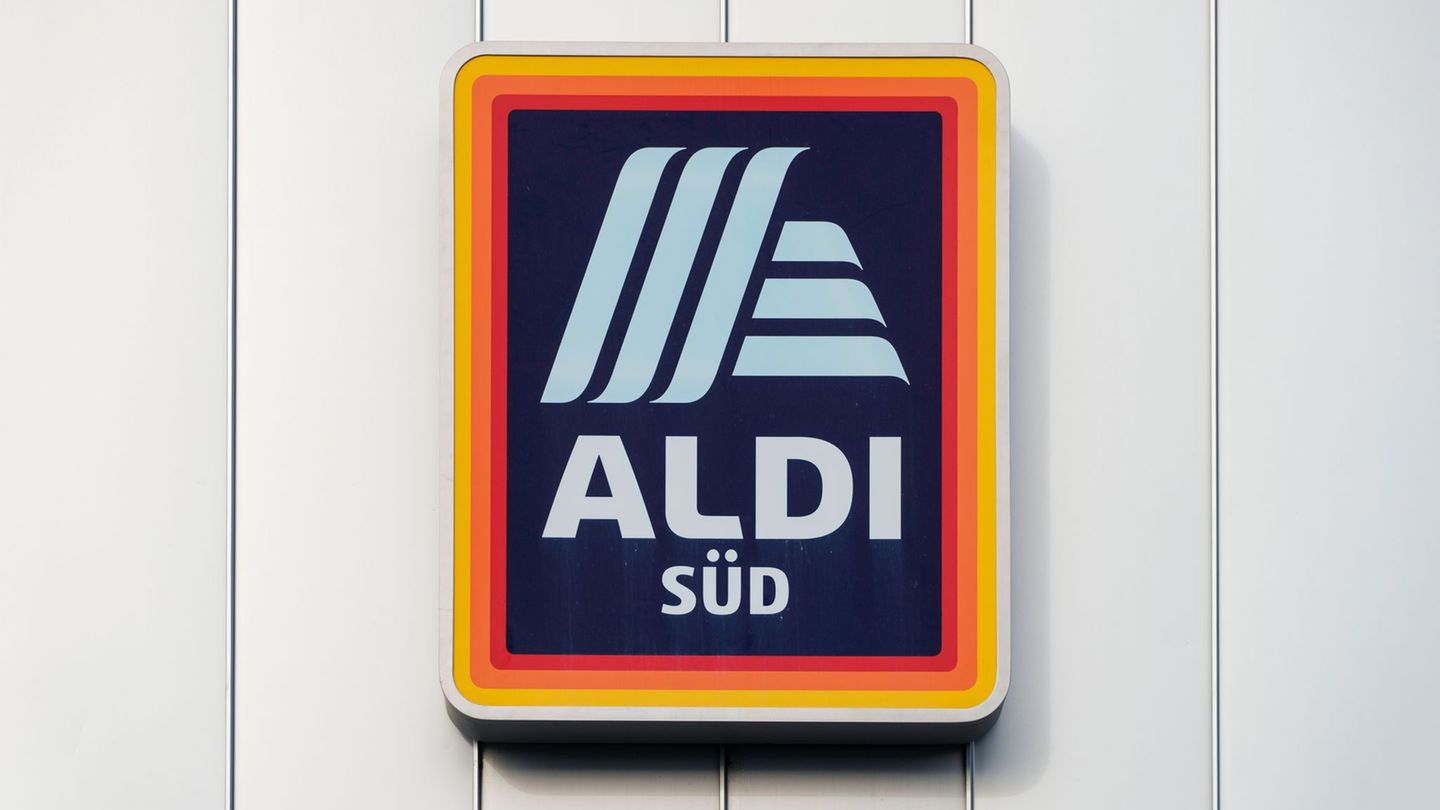The warning strike call by the German Locomotive Drivers Union two days before the next round of negotiations was a big surprise. The effects are also big – and not just for passengers.
The announced warning strike by the German Locomotive Drivers’ Union (GDL) will prolong negotiations on a new collective agreement at Deutsche Bahn. Deutsche Bahn canceled the second round of negotiations planned for Thursday and Friday due to the union’s strike decision. “Either you strike or you negotiate. You can’t do both at the same time,” said Human Resources Director Martin Seiler on Wednesday in Berlin.
During the talks last week, both sides agreed on a tight negotiation rhythm with eight meetings within just five weeks. “Anyone who breaks the agreement in this way and calls strikes at short notice cannot expect that we will simply continue to sit at the negotiating table,” added Seiler.
The GDL surprisingly called for a 20-hour warning strike on Tuesday. The strike was scheduled to begin on Wednesday at 10 p.m. and last until 6 p.m. the following day. Those called upon include train drivers, train attendants, workshop employees and dispatchers. The railway assumes that more than 80 percent of long-distance traffic will be canceled due to the industrial dispute. There should also be significant restrictions in regional and freight transport.
The GDL demands, among other things, 555 euros more per month for a twelve-month contract term as well as an inflation compensation bonus. The sticking point is the demand for a reduction in working hours from 38 to 35 hours per week for shift workers with full pay. While GDL boss Claus Weselsky has repeatedly emphasized the great importance of this demand in recent weeks, DB board member Seiler sees no room for negotiation at this point. The requirement is also not feasible due to the shortage of skilled workers. The personnel situation at the railway is already tense in some areas.
How the two parties are supposed to find each other at this point is currently completely unclear. The next agreed interview dates are November 23rd and 24th. Both sides also left it open on Wednesday whether these would take place. What is certain, however, is that the call for a warning strike damaged the relationship of trust in the still young collective bargaining dispute. Many had already expected a strike call at the start of negotiations. This didn’t happen; instead, Weselsky and his team negotiated with the railway representatives for a good five hours. The GDL boss then presented the many negotiation dates before Christmas as a success – at least two of which will now not take place.
For the subsequent dates, a lot will depend on how the GDL will behave after the announced warning strike – and whether another industrial dispute may follow.
Warning strike call GDL
Source: Stern




